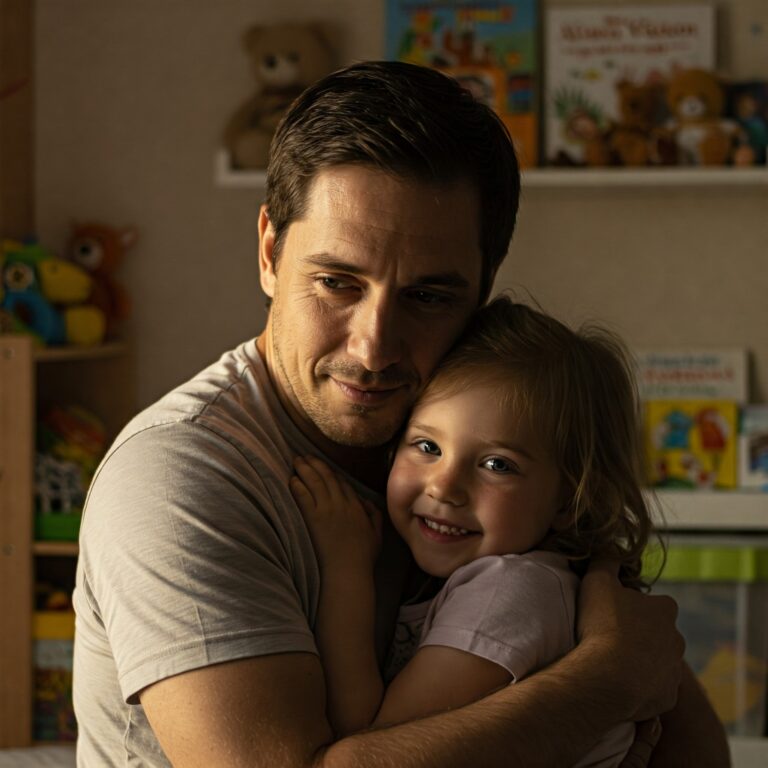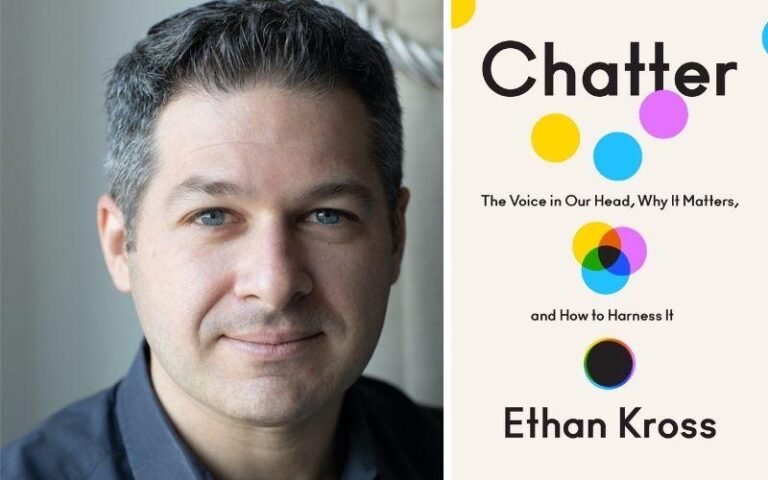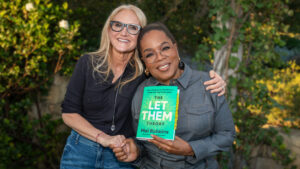Introduction
Parenting in the modern age often feels like a battleground. From homework meltdowns to sibling fights, many parents rely on punishments, time-outs, or rewards to control their children’s behavior. But what if these methods are doing more harm than good? In Out of Control: Why Disciplining Your Child Doesn’t Work… and What Will, clinical psychologist Dr. Shefali Tsabary challenges traditional parenting paradigms and reveals how conscious parenting—prioritizing connection over control—can transform your relationship with your child while nurturing their emotional resilience.
In this article, we’ll explore:
- Why traditional discipline methods backfire.
- How to use natural consequences instead of punishment.
- Practical steps to build emotional resilience in kids.
- Real-life examples from Dr. Tsabary’s research.
Why Traditional Discipline Fails
Dr. Tsabary argues that discipline methods like yelling, grounding, or taking away privileges create a prison-warden dynamic. Parents become jailers, and children learn to comply out of fear—not understanding. Here’s why these tactics fail:
- External Motivation vs. Internal Growth :
- Punishments and rewards teach kids to rely on external validation. They behave well to avoid consequences, not because they value kindness or responsibility.
- Example: A child cleans their room to earn screen time, not to take pride in their space.
- Damages Parent-Child Connection :
- Discipline often triggers shame, resentment, or defiance. Over time, children disconnect emotionally from parents.
- Dr. Tsabary notes, “The child’s behavior may fall in line, but their heart doesn’t.”
- Ignores Root Causes :
- A child’s “misbehavior” is often a symptom of unmet needs (e.g., hunger, fatigue, or emotional overwhelm). Punishing the behavior without addressing the cause leads to recurring issues.
The Power of Natural Consequences
Instead of imposing arbitrary punishments, Dr. Tsabary advocates allowing natural consequences to teach responsibility. Natural consequences are the direct outcomes of a child’s actions, fostering intrinsic motivation.
How to Implement Natural Consequences
- Step Back and Observe :
- Example: If your child forgets their lunch, resist the urge to deliver it. Let them experience hunger (within reason). This teaches accountability.
- Link Actions to Outcomes :
- Example: If toys are left outside overnight and get ruined, replace them only if the child contributes to the cost.
- Use Empathetic Dialogue :
- Instead of, “I told you so!” say, “I see you’re upset your toy broke. How can we handle this differently next time?”
Case Study: The Homework Battle
A parent in Out of Control fought nightly with her daughter over homework. After switching to natural consequences, she allowed her daughter to face the teacher’s feedback for incomplete work. Within weeks, the child began managing her time independently.
Building Emotional Resilience: 5 Science-Backed Strategies
Emotional resilience—the ability to adapt to stress and setbacks—is a cornerstone of Dr. Tsabary’s philosophy. Here’s how to nurture it:
1. Validate Emotions, Not Just Behavior
- Action Step: When your child throws a tantrum, say, “You’re really frustrated. Let’s take deep breaths together,” instead of, “Stop crying!”
- Why It Works: Validation teaches kids to process emotions healthily.
2. Teach Problem-Solving Skills
- Action Step: Ask, “What could you try next?” when they face a challenge.
- Example: A child struggling with a puzzle learns persistence instead of relying on parental intervention.
3. Normalize Failure
- Action Step: Share your own mistakes: “Mom forgot her keys today too! Let’s problem-solve together.”
- Research: Studies show kids with “failure-positive” households exhibit higher creativity and grit.
4. Practice Mindfulness Together
- Action Step: Spend 5 minutes daily on kid-friendly breathing exercises.
- Tool: Use apps like Calm or Headspace for Kids to make it fun.
5. Foster Independence
- Action Step: Assign age-appropriate chores (e.g., a 4-year-old can water plants).
- Dr. Tsabary’s Insight: “Children learn self-reliance when trusted with small responsibilities.”
Real-Life Success Story: From Chaos to Connection
Sarah, a mother of two, shared how Dr. Tsabary’s methods transformed her home:
- Before: Daily yelling matches over screen time and chores.
- After: Sarah replaced threats with empathy. She created a “family solutions board” where her kids brainstormed screen-time rules.
- Result: Conflict dropped by 80%, and her children began self-regulating.
Common Parenting Challenges Solved
1. Toddler Tantrums
- Solution: Stay calm, name their emotion, and offer a hug. “You’re mad because we can’t buy candy. Let’s find a snack at home.”
2. Teenage Rebellion
- Solution: Replace ultimatums with collaboration. “Let’s agree on a curfew that works for both of us.”
3. Sibling Rivalry
- Solution: Teach conflict resolution: “What does your brother need to feel heard?”
Conclusion: The Journey to Conscious Parenting
Traditional discipline focuses on controlling behavior, but conscious parenting prioritizes connection and emotional growth. By embracing natural consequences, validating emotions, and fostering resilience, you’ll raise children who are not just compliant but confident, compassionate, and self-aware.
As Dr. Tsabary writes, “Parenting is not about perfecting our children, but about evolving ourselves.” Start small—choose one strategy from this article—and watch your relationship transform.












